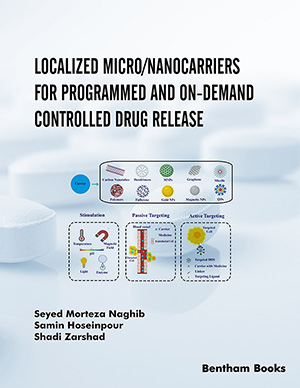
Abstract
The physiological changes that occur in the maternal body and the placental-foetal unit during pregnancy influence the absorption, distribution, metabolism, and excretion (ADME) of xenobiotics. These include drugs that are prescribed for therapeutic reasons or chemicals to which women are exposed unintentionally from the surrounding environment. The pregnancy physiologically-based pharmacokinetic (p-PBPK) models developed for theoretical assessment of the kinetics of xenobiotics during pregnancy should take into account all the dynamic changes of the maternal and embryonic/foetal physiological functions.
A number of p-PBPK models have been reported for pregnant animals and humans in the past 3 decades which have mainly been applied in the risk assessment of various environmental chemicals. The purpose of this review is to critically evaluate the current state of the art in p-PBPK modelling and to recommend potential steps that could be taken to improve model development and its application particularly in drug discovery and development for pregnant women, with potential implications for optimal drug treatment in pregnancy.
The pregnancy-induced changes in physiology and pharmacokinetics, including metabolism, are reviewed to illustrate the basic alterations essential for pregnancy model development. A systemic search of the literature for existing p-PBPK models is carried out and the model structures, governing equations, methods of modelling growth, model validation/verification as well as model applications are highlighted. This review discusses benefits and limitations of the reported p-PBPK models so far and suggests areas for model improvement. The need for establishing databases on the system-related (biological, anatomical and physiological) and drug-related (physiochemical, affinity to enzymes and transpoorters) parameters for healthy and unhealthy pregnancies is particularly emphasized.
Keywords: Pharmacokinetic, toxicokinetic, metabolism, time-dependency, modelling, simulation, pregnancy, gestation, ADME
 124
124


















